Bitumen Suppliers in Africa’s Ports: Facilitating Growth and Connectivity
Introduction
Africa, a continent rich in resources and potential, is home to several significant ports that serve as crucial gateways for international trade. These ports play a pivotal role in connecting Africa to the global market, facilitating economic growth, and driving regional development. We explore the importance Aljabal appearance as bitumen suppliers in Africa’s ports.
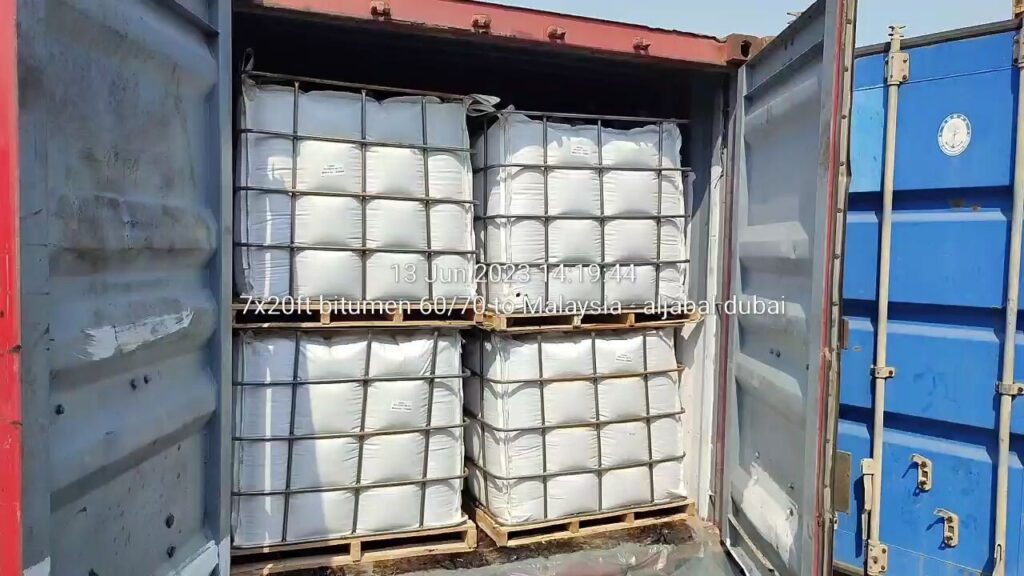
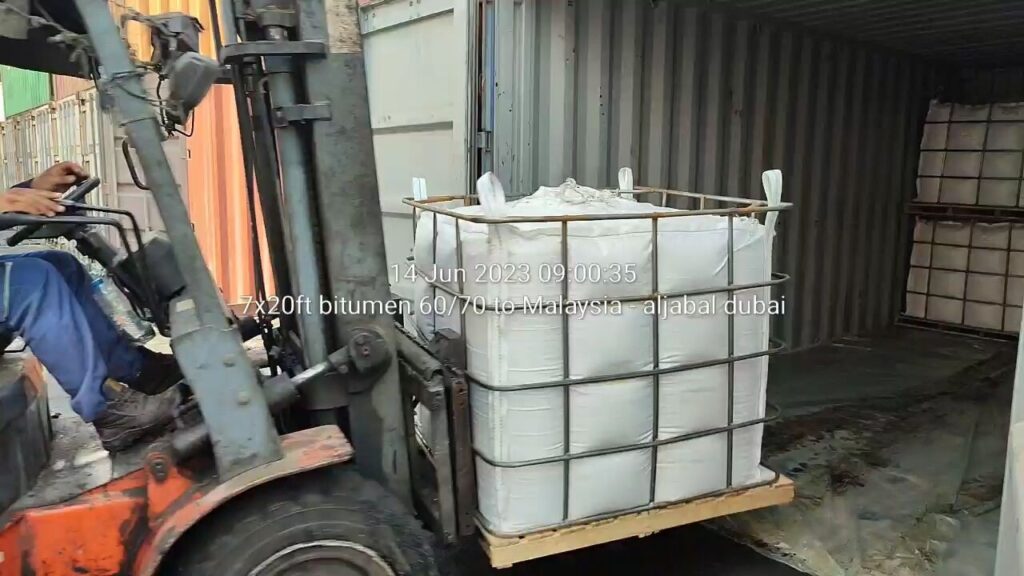
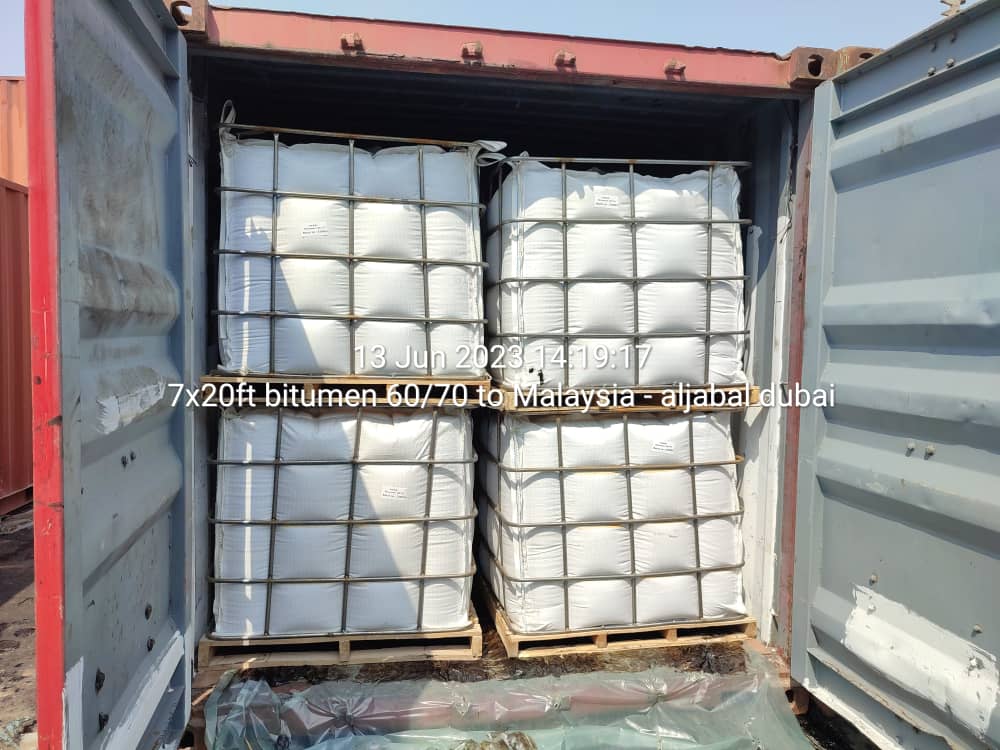
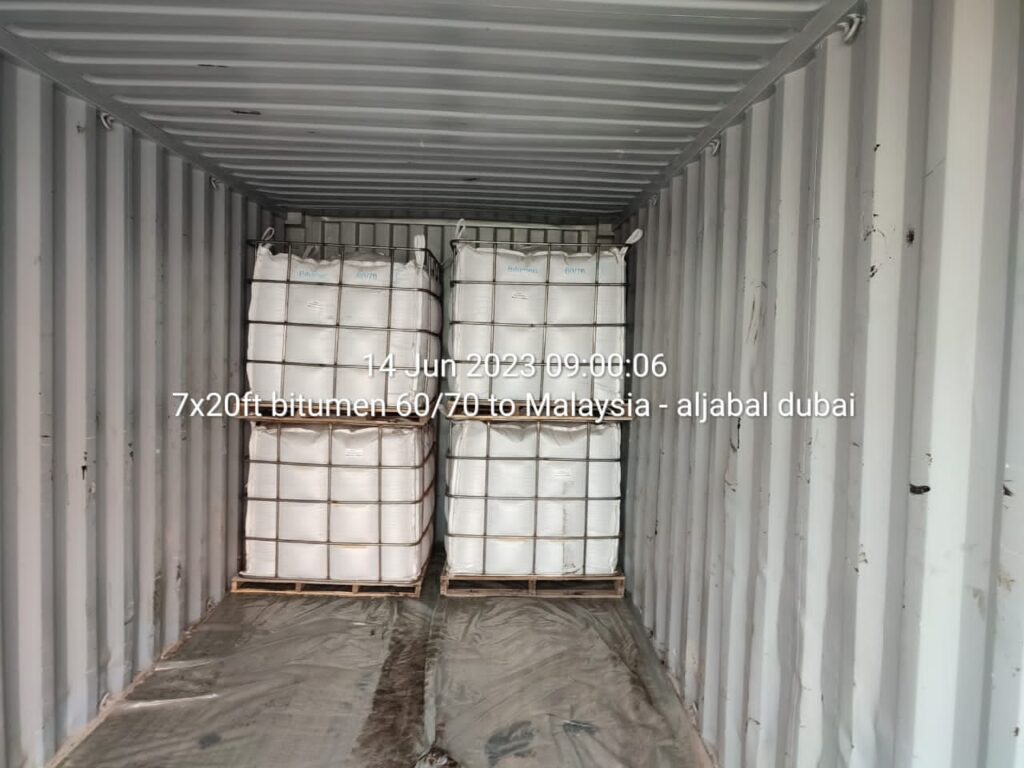
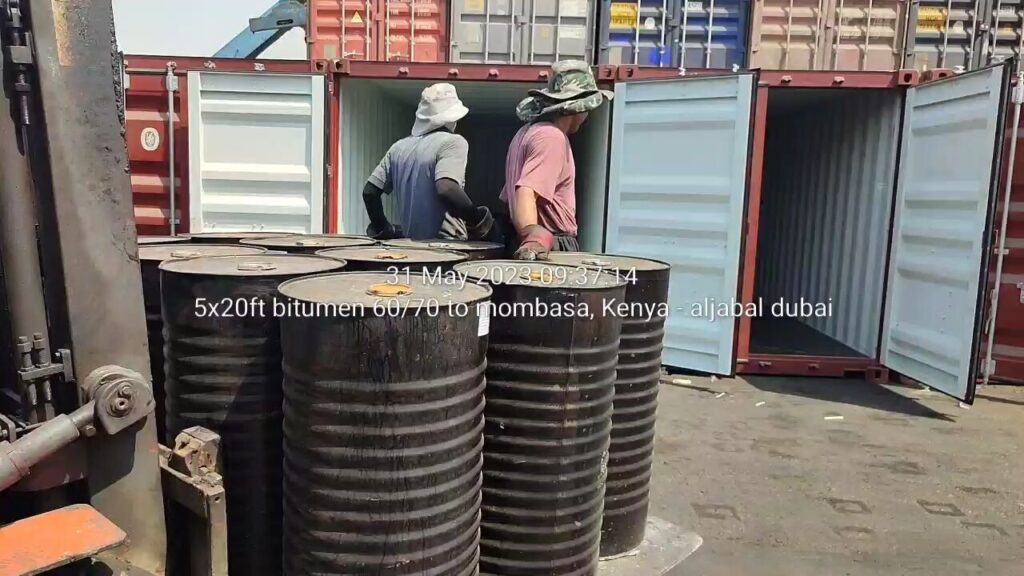

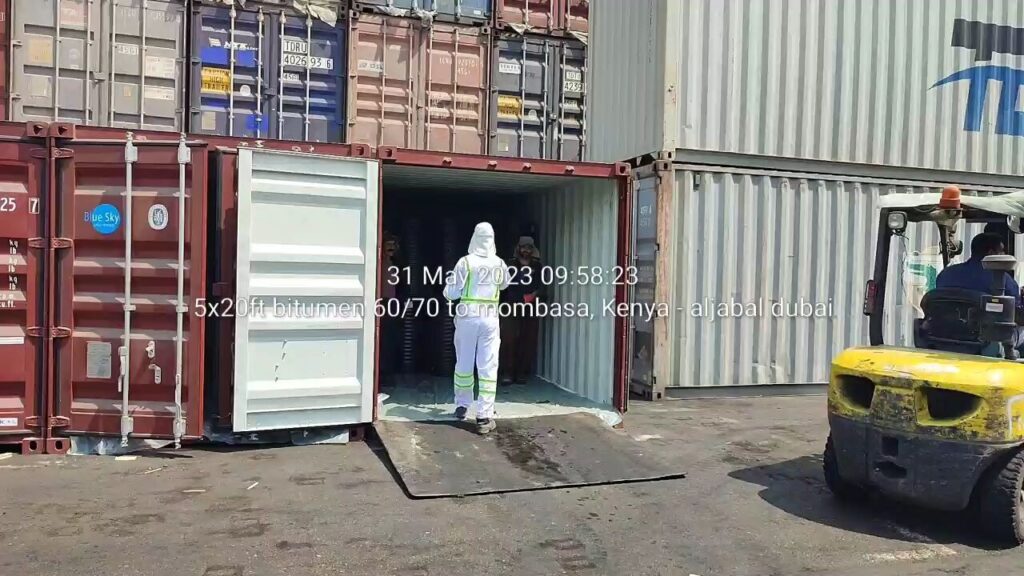
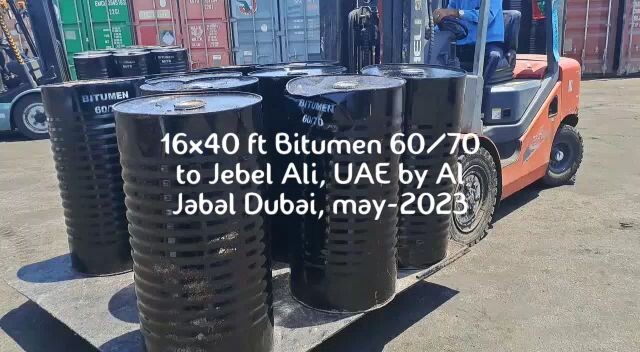


The Significance of Africa’s Most Important Ports
Africa’s most important ports are strategically positioned along major shipping routes, making them key entry and exit points for goods and commodities. These ports act as economic engines, driving trade and investment across the continent. Let’s take a closer look at some of the prominent ports in Africa:
- Port of Durban, South Africa: Located in South Africa, the Port of Durban is not only the busiest port in Africa but also one of the largest in the Southern Hemisphere. Accordingly It serves as a gateway to South Africa and the southern African region, handling a significant portion of the continent’s trade.
- Port of Mombasa, Kenya: Situated along the eastern coast of Africa, the Port of Mombasa is the principal port in Kenya. It serves as a crucial gateway for trade in East Africa, connecting landlocked countries like Uganda, Rwanda, South Sudan, and the Democratic Republic of Congo to the Indian Ocean.
- Port of Lagos, Nigeria: The Port of Lagos, located in Nigeria, is one of the largest and busiest ports in West Africa. It serves as a major trade hub for the region, handling a substantial volume of goods, including oil and gas products beside the agricultural commodities, and manufactured goods.
The Role of Bitumen Suppliers in Africa’s Port Infrastructure
Bitumen, a versatile and durable material, altogether plays a vital role in the construction and maintenance of port infrastructure. It is commonly used in the development of roads, runways, storage areas, and other essential facilities within the port premises. Certainly, the presence of a reliable and competent bitumen supplier is crucial to ensure the continuous availability of this material.
Ensuring Quality and Reliability
A trusted bitumen supplier understands the specific requirements of each port and provides high-quality bitumen that adheres to international standards. Consequently AlJabal ensure that the bitumen is durable, resistant to heavy loads and extreme weather conditions, and capable of withstanding the constant movement of goods.
By partnering with a reputable bitumen supplier, port authorities can ensure the long-term sustainability and reliability of their infrastructure. This, therefor, enhances operational efficiency, reduces maintenance costs, and minimizes disruptions to trade activities.
Supporting Expansion and Modernization Efforts
As African ports strive to accommodate increasing trade volumes and larger vessels, expansion and modernization become imperative. Bitumen suppliers play a critical role in supporting these efforts by providing innovative solutions and advanced bitumen products.
They offer specialized bitumen grades that cater to the unique requirements of port construction projects. These may include polymer-modified bitumen for enhanced durability. High-performance bitumen for heavy-duty applications. Warm-mix bitumen for more sustainable and environmentally friendly construction practices.
Furthermore port authorities can access the latest advancements in bitumen and ensure that their infrastructure projects.
Conclusion
In conclusion, the bitumen supplier’s role in Africa’s most important ports is instrumental in supporting their growth and connectivity. Morever these suppliers provide high quality bitumen that is essential for the construction and maintenance of port infrastructure, also ensure that the ports can effectively handle the increasing trade volumes and contribute to the economic development of the respective regions.



